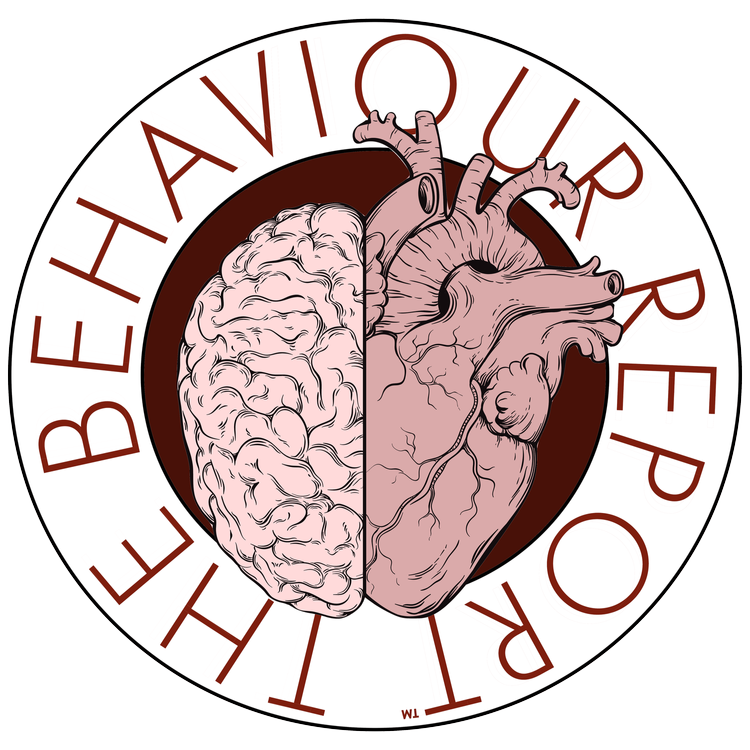Kieran Flanagan @ThinkKieranF
Often, on being asked to speak at a conference about innovation and creative problem solving, I like to start such presentations by asking my audiences if they consider themselves to be creative or not.
Actually, I wonder if I were to ask you if you consider yourself to be creative, how might would respond?
If you’re like the thousands of people I’ve spoken to about innovation and commercial creativity over the years, you’re likely to be in the majority who consider themselves to not be creative.
When I ask a follow up question such as, “Who believes they were creative as a child?” I’ll typically get to see a few more hands go up. Interesting.
Probing further and querying whether the members of my audience consider their own children to be creative, even more people will affirm that, “Yes, our children are indeed creative.”
This, in part, is due to the rather poor practice of traditional educators who partition intelligence into rarely cross-pollinating silos throughout our childhood, but it is also a function of an outdated and frankly unhelpful definition of creativity.
So, let’s put the latter aright.
Creativity versus Imagination
All of us, to some degree, can admit to being imaginative. Whether it is simply daydreaming while at work or else planning and mentally rehearsing what we would like the future to look like.
This mirrors much of our mental activity during childhood.
What distinguishes creativity from imagination, however, is intent.
Creativity therefore might be understood as applied imagination. Imagination focused on a particular challenge, in a particular time within particular constraints. In other words, it is deliberate.
Creativity versus Artistry
Creativity is also associated with artistry - the ability to draw, to write poetry, to compose music or dance and the like.
However, this is a rather narrow view of creativity and can in fact undermine creativity’s commercial application. We tend to think of a creative person as being “struck by a moment of inspiration,” or having been, “inspired by their muse.” This hardly sounds like the practice to be undertaken by a commercially-minded business person.
The truth is, creativity is simply the ability to solve particular problems and create new and desirable possibilities in ways we’ve not seen before. To focus on new solutions rather than simply following historic precedent or managing process. This makes it a critical leadership function.
Commercial creativity, therefore, requires a purposeful application of imagination. It must be congruent.
Talent versus Discipline
This linking of creativity and artistry has also led to the confusion of creativity as a talent rather than as a discipline. We tend to imagine that creativity’s function is limited to the rare few firebrands with entrepreneurial spirits who dress in jeans and t-shirts and have the attention span of a puppy.
However, creativity is a skill that can be learned, nurtured and developed.
As the problems we face in business and in our communities become more complex, interconnected and impactful, we will all need to upgrade our cognitive software from time to time and to increase our creative capabilities.
This means creativity must also be treated, not as a talent or a flight of fancy, but as a discipline, a practice and something that is commercial and consistent.
